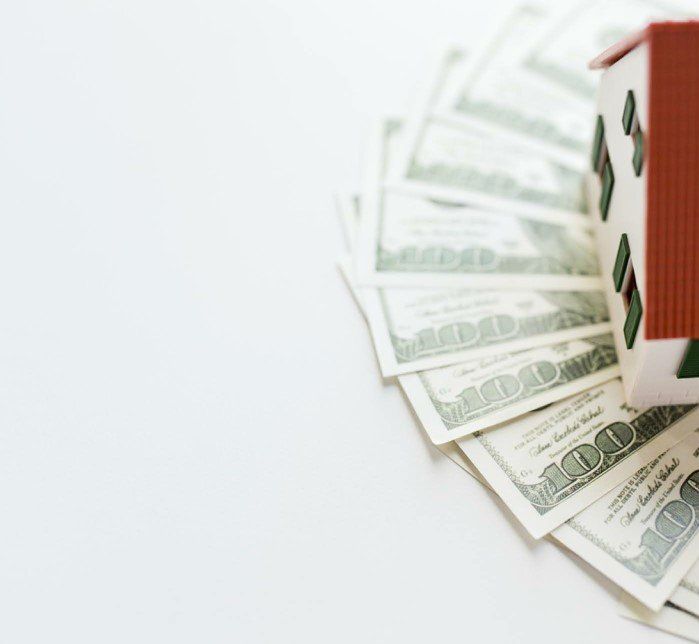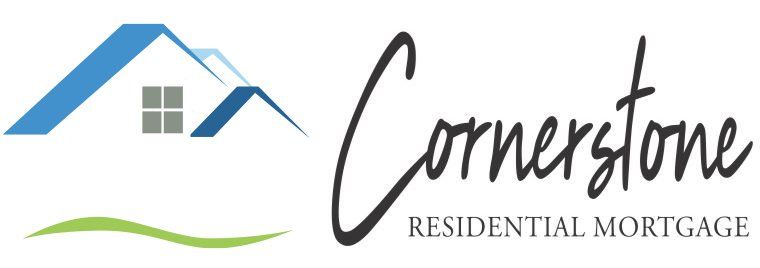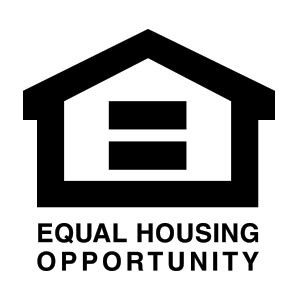First-Time Homebuyer? 4 Questions to Ask Your Mortgage Broker
- By Admin
- •
- 04 Jun, 2021

Below is a guide composed of four questions that you need to ask your mortgage broker.
1. What Type of Mortgage Loan Do I Qualify For?
Most mortgage companies have a wide array of loans to offer. In most cases, the determining factors are your financial and specialty status, along with your area of residence.
There are two categories of mortgages: conventional and government-backed loans. Government-backed loans include Federal Housing Administration (FHA) loans, Federal Housing Administration (FHA) loans, and U.S. Department of Agriculture (USDA) loans. Conventional loans include conforming loans and non-conforming loans.
The federal government does not back conventional loans. Usually, conventional loans are available to individuals with a good credit score, stable employment, and at least a 3% down payment for the property.
Conforming loans are issued depending on the maximum limit put by the federal government. The limits vary geographically.
Non-conforming mortgage loans are not bound to the limits set by the federal government. In most instances, the loans are available to borrowers who can afford at least a 10-20% down payment and show large cash reserves.
Federal Housing Administration mortgages are available to the low- to middle-income earners who can't afford a conventional loan, while Veterans Affairs loans are qualified to service members of the military, veterans, and their spouses. United States Department of Agriculture loans are available nationwide to low-income buyers residing in rural areas.
2. What Is the Difference Between a Fixed-Rate and an Adjustable-Rate Mortgage?
When choosing a mortgage, you need to be aware of the interest rates that are charged for the mortgage you might choose. In a fixed-rate mortgage, you will pay the same interest percentage throughout the loan servicing duration.
On the other hand, in an adjustable-rate mortgage agreement, your interest rates will fluctuate depending on the market dynamics. You must discuss the two types of interest rate charges with your broker and find the best approach in your situation. Which type of mortgage you choose can impact your ability to pay it back.
3. What Other Costs Will I Be Required to Cater for Apart from the Mortgage Down Payment?
You will need to ask your mortgage broker about the lender's charges for application, the credit report fee, and any other upfront costs that might arise during the process. Your lender charges a mortgage application fee, and it is meant to cater to expenses such as credit checks and other administrative expenditures. The application fee varies considerably among lenders. You don't want to be asked to cater for a cost you did not budget.
4. What Details Are In My Loan Estimate Document?
Your mortgage lender will provide you with a loan estimate (LE) document stating the terms of your loan. The monthly payment, interest rate, and total closing costs are some of the essential details that are explained on the LE.
Your mortgage broker will explain the fine print of the LE document. After understanding the stipulations, you will have to decide whether or not you will sign the agreement as it is, ask the lender to make some adjustments, or ask your broker to shop around for alternatives.
As a first-time house buyer, you need a mortgage broker who will answer all your questions about a mortgage. At Cornerstone Residential Mortgage, we are dedicated to walking with you through the house-owning journey. Contact us today and enjoy the convenience of our mortgage matchmaking expertise.



